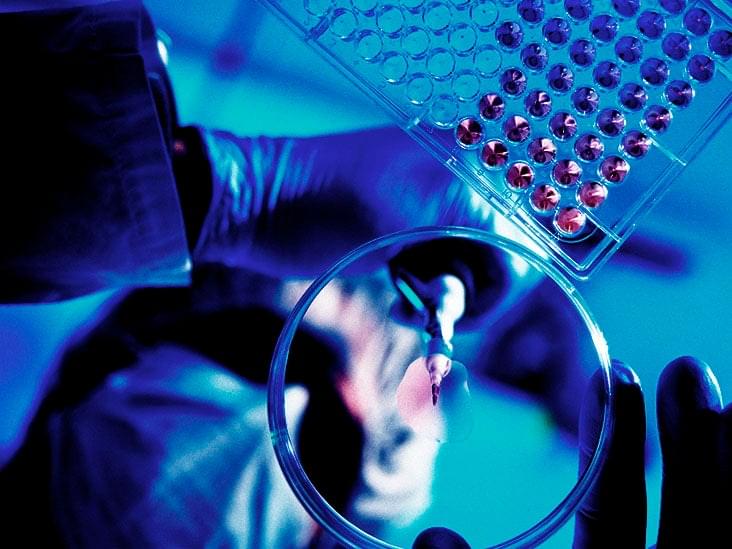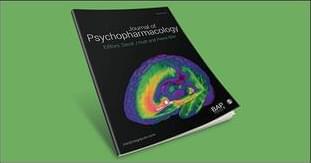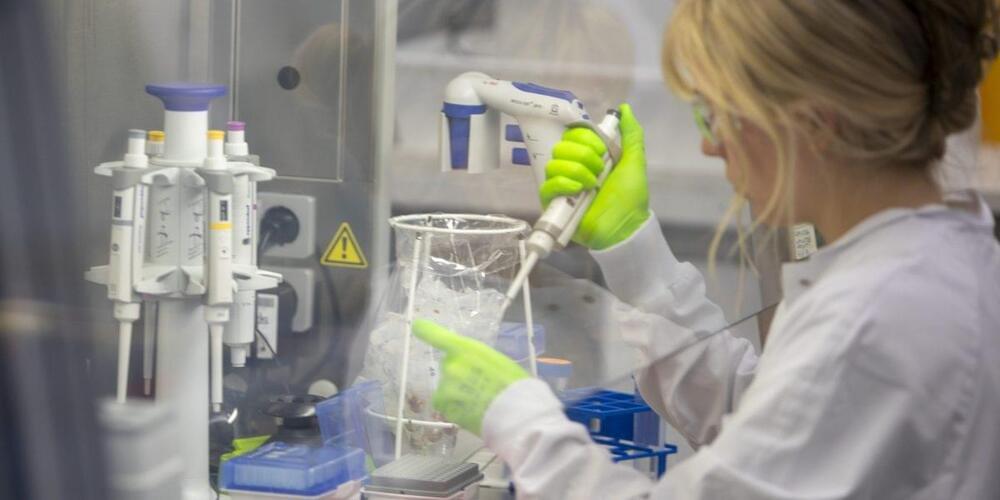NIH study finds Black women may be more affected due to higher use.
Women who used chemical hair straightening products were at higher risk for uterine cancer compared to women who did not report using these products, according to a new study from the National Institutes of Health. The researchers found no associations with uterine cancer for other hair products that the women reported using, including hair dyes, bleach, highlights, or perms.
The study data includes 33,497 U.S. women ages 35–74 participating in the Sister Study, a study led by the National Institute of Environmental Health Sciences (NIEHS), part of NIH, that seeks to identify risk factors for breast cancer and other health conditions. The women were followed for almost 11 years and during that time 378 uterine cancer cases were diagnosed.








